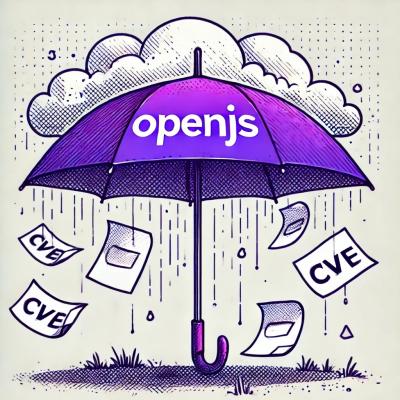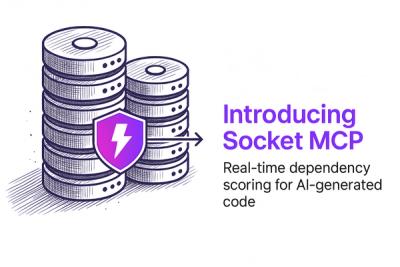Utility for AMQP Message Routing
Describe AMQP exchange and routing keys in a compact way (and as
templates). Purpose is to allow compact (and external, e.g. via configuration
strings) declaration of AMQP Exchange and routing keys, and to create routing
key based on message data.
Installation
npm install amqp-route
Basic Usage
Create a template with require("amqp-route").template(tplString). Then make a
routing key by using fill method with data objects.
var route = require("amqp-route").template("MyExchange/route.key.{str}")
route.exchange;
route.fill({str: "foo"});
route.fill({});
route.fill({skip: "here"}, {str: "hereIam"})
var route2 = require("amqp-route").template("route.key.{str}")
route2.exchange;
Exchange Options
Generate a subset of available options for
node-amqp connection.exchange().
var route = require("amqp-route").template("MyExchange?dc-a/{routingKey}")
route.exchangeOpts;
Options are a single letter (to set to true), prefixed by a - (to set to
false).
- a: autoDelete
- c: confirm
- d: durable
- n: noDeclare
- p: passive
Publishing Options
Generate a subset of available options for
node-amqp exchange.publish().
var route = require("amqp-route").template("{routingKey}?mip")
route.pubOpts;
Simlar to Exchange Options (single letter, optional -). The exception is p
(for "persistent", which sets deliveryMode.
- m: mandatory
- i: immediate
- p: deliveryMode
- "p" sets "deliveryMode=2" (persistent)
- "-p" sets "deliveryMode=1" (non-persistent)
Template
Template object returned from require("amqp-route").template():
exchange: exchange nameexchangeOpts: parsed options suitable for
node-amqp connection.exchange()template: routing key template used in (template.fill())[#template-fill]pubOpts: publishing options suitable for
node-amqp exchange.publish()
template.fill(object[, object...])
Creates a routing key for some data by replacing all strings in curly braces
with value from the first object having that property. Any leading, trailing, or
double work separators (dots) are removed.
var route = require("amqp-route").template("{a}.{b}.{c}.{d}")
var rk = route.fill({a: "A"});
rk = route.fill({a: "A"}, {a: "X", c: "C"});
rk = route.fill({a: "A", b: "B", d: "D, c: null}); // "A.B.D"
Publisher
Publisher builds on Template, setting up an Exchange with options and always
calling the callback, even when the Exchange is not in confirm mode. It also
uses the publishing options from the Template.
var amqpRoute = require("amqp-route");
var amqpConn = require("amqp").createConnection(connectionOpts);
amqpRoute.publisher(amqpConn, "My-Exchange?-acd/{routing}.{template}", function(err, pub){
var routingKeySources = [{routing: "sample"}, {template: "key"}];
var message = {important: "data"};
pub.publish(routingKeySources, message, function(err){
});
});
Additionally, you can include further Exchange options.
var tpl = "My-Exchange?-acd/{routing}.{template}";
amqpRoute.publisher(amqpConn, tpl, {type: "direct"}, function(err, pub){
});
publisher.publish(routeFillers, message[, pubOpts[, callback]])
Publish a message, additional options are passed to
node-amqp exchange.publish() and any
passed callback will be called regardless of confirm mode.
routeFillers is an array of sources to create routing key from Template. It
corresponds to arguments passed in Template.fill().



